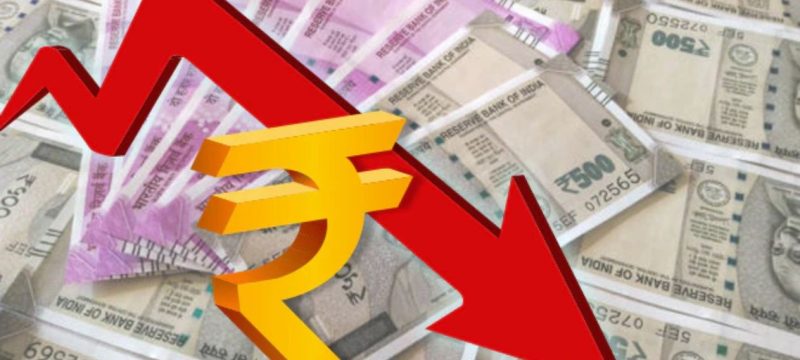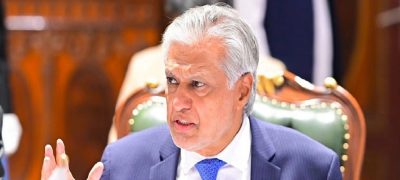The Indian rupee weakened slightly on Monday as changes in U.S. H1B visa policies pressured markets and triggered a sell-off in IT stocks.
The rupee closed at 88.3075 against the U.S. dollar, down 0.2 percent from the previous session. Traders said the new visa norms raised concerns for India’s technology sector, which relies heavily on sending skilled workers abroad.
India’s benchmark equity indexes reflected the uncertainty. Both the BSE Sensex and Nifty 50 ended 0.5 percent lower, dragged down mainly by losses in major IT firms. Market analysts believe the rupee will remain under pressure until there is progress in U.S.-India trade talks.
The Indian rupee weakens whenever external shocks weigh on investor sentiment, and visa policy changes are seen as particularly sensitive for India’s outsourcing industry. With many IT companies depending on U.S. contracts, tighter restrictions on work visas could hurt future growth.
According to traders, foreign investors may also adopt a cautious stance in the near term. This could limit capital inflows, putting additional strain on the currency. Experts say stability will depend on how both countries address broader trade and policy differences.
The IT sector has been one of India’s biggest growth drivers, contributing significantly to exports. However, it remains vulnerable to shifts in U.S. immigration and labor policies. Monday’s market reaction showed how quickly investor confidence can be shaken by such announcements.
Currency strategists suggest that the Reserve Bank of India may step in to curb excessive volatility if pressures intensify. However, they also stress that longer-term stability will depend on diplomatic progress and clarity in policy measures.
The rupee’s weakness also comes at a time when global markets remain unsettled by geopolitical tensions and trade uncertainties. Similar concerns have been highlighted in other regions. For example, Russia’s recent offer to extend its nuclear treaty with the U.S. shows how international politics often influences market confidence.
As the Indian rupee weakens under the shadow of U.S. visa changes, businesses and investors are closely monitoring both Washington and New Delhi. Any breakthroughs in trade talks could ease the pressure, but until then, volatility is likely to persist in currency and equity markets.







